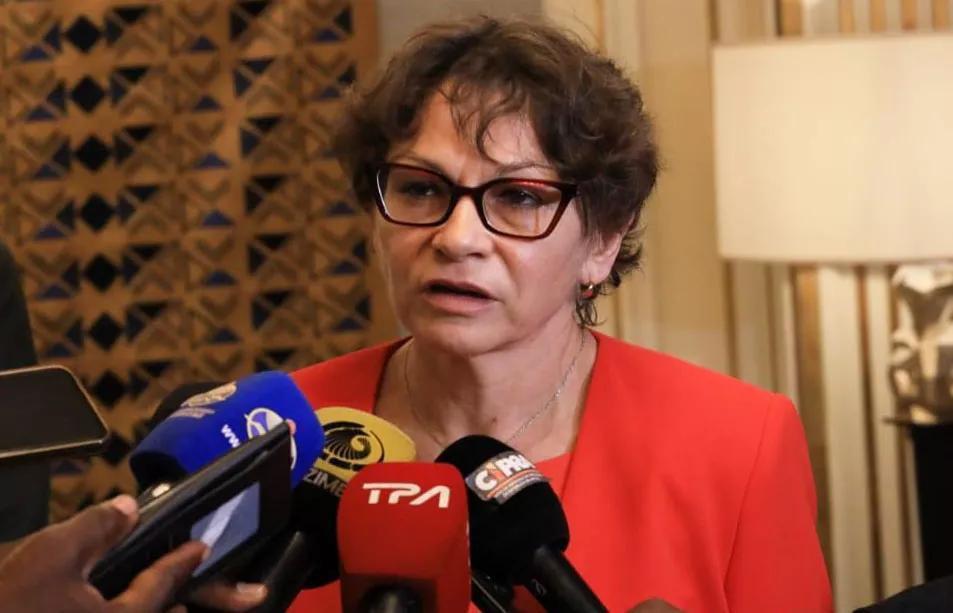Africa-Press – Angola. The French ambassador to Angola, Sophie Aubert, Tuesday in Luanda praised the implementation of the “DIG-ARQ” project to digitize and make accessible Angola’s archaeological heritage, as it contributes to its preservation and protection.
The “DIG-ARQ” project was conceived as part of a Franco-Angolan partnership, which aims to map and publicize the country’s archaeological heritage through the publication of scientific articles.
It has contributed to the addition of 25 new absolute dates for sites from the Old Stone Age to the Iron Age, allowing the reconstruction of a chronology of Angola’s past populations.
Speaking at the meeting to present the first results of the project, the diplomat said the collaboration between French professor Jean-Pierre Caliste, responsible for the “Yetolab” archaeological program, and the Faculty of Engineering at Agostinho Neto University, which works on 3D scanning, was fundamental to the success of this initiative.
The diplomat said an interdisciplinary approach has been developed bringing together skills from both engineering (3D scanning) and archaeology, allowing us to learn more about Angola’s heritage.
For her part, the director of the Benguela National Museum, Maria Helena Benjamin, said that “DIG-ARQ” is a research and training project, supported by the French Ministry of Europe and Foreign Affairs.
According to her, the aim is to test, develop and apply new strategies for preserving Angola’s archaeological heritage, which is threatened by human development and ecological changes.
“Once digitized, the archaeological collection will be available and accessible on virtual platforms to anyone interested,” she added.
For More News And Analysis About Angola Follow Africa-Press






